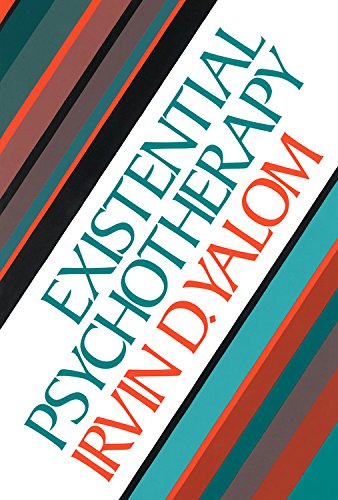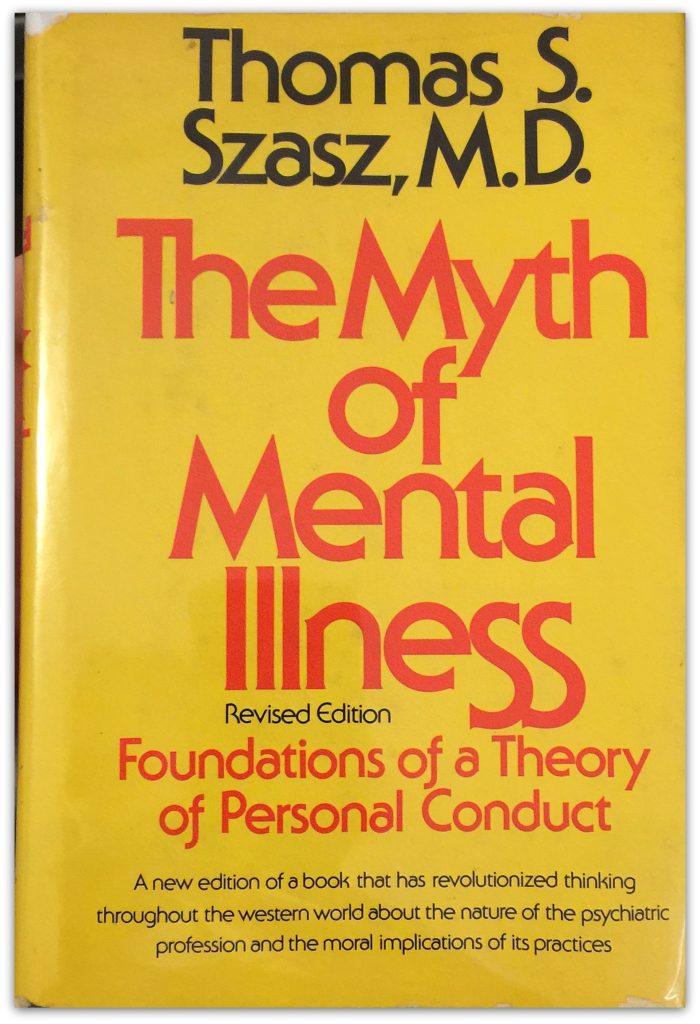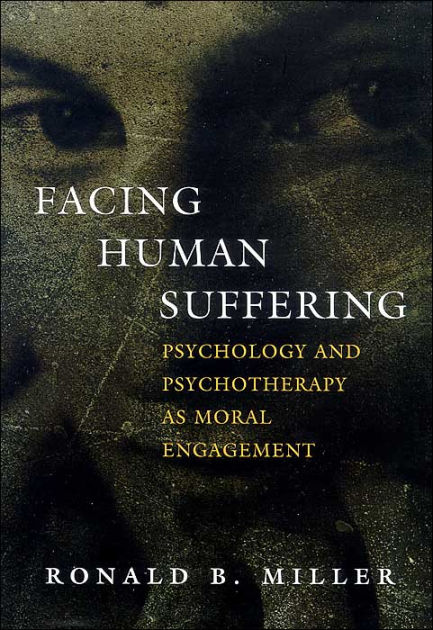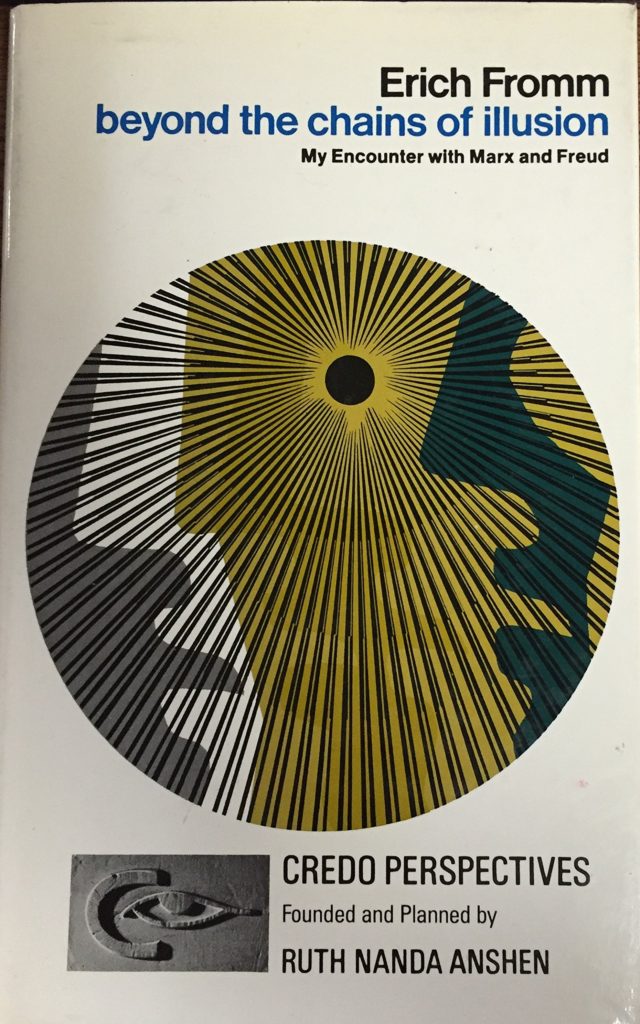Existential Psychology
“To find or know God in reality by any outward proofs, or by anything but by God Himself made manifest and self-evident in you, will never be your case either here or hereafter. For neither God, nor heaven, nor hell, nor the devil, nor the flesh, ca be any otherwise knowable in you or by you but by their own existence and manifestation in you.” – William Law
Doing ‘therapy’ is a very challenging and complex puzzle; encompassing an assortment of jigsaw pieces, some so elusive they don’t even make their way into ‘therapy’ (I am thinking here of all the times I was 5 or 6 sessions into working with a youth, only to find out they were deprived of some basic necessity like poor sleep quality or access to nutritious food… ‘Why did they never bring that up?’ I always think to myself, yet the answer must be evident in that the problem is sometimes so overwhelming, so daunting… a momentary respite from it’s demonic grip is all we can hope for… Even if it means sitting for 30 minutes with a strange psychology student who would take deep breaths with them with promises of a better tomorrow).
The problem of human suffering is one that the greatest of minds have sought to answer; philosophers, artists, theologians and the everyday person finding some level of meaning or apathy (‘why does life even matter anyways?’). I met a therapist in my 2nd year as a psychology practicum student who was an ordained Christian minister and practiced from the Existential orientation. He would sit patiently with teenagers and use ‘therapy’ to explore much larger questions; who were we at a fundamental level? Where were we heading as a global society? Were our flaws as a species enough to deteriorate the materialistic progress we had made? Why did God make us so sinful, when he was All-Good? And most importantly, what did any of this even mean for you sitting here in the throes of your own mental or spiritual suffering?
The training I had received from the University of Houston was behavioral. Operationalizing the human being as a set of numbers; the mean, the mode, the median. Very empirical, methodical and objective. The ‘therapy’ being driven by the frequency or duration of behaviors which matched the short-term goals (decrease of x behavior and increase of y behavior over z amount of time). Although this level of analysis is immensely useful to any clinician, at a theoretical level, it didn’t match my paradigm of the human essence. We were not plot coordinates to be transfigured, but spiritual beings to be understood.
I have written a whole chapter on the convergence between existentialism and spirituality on the Publications tab.
Click on image to download text
“It is the rule rather than the exception in the historical process that ideas deteriorate into ideologies; mere words take the place of the human reality; these words are administered by a bureaucracy, which thus succeeds in controlling people and gaining power and influence. And usually the result is that the ideology, while still using the words of the original idea, in effect expresses the opposite meaning. This fate has happened to the great religions and to philosophical ideas.”
(Erich From)




